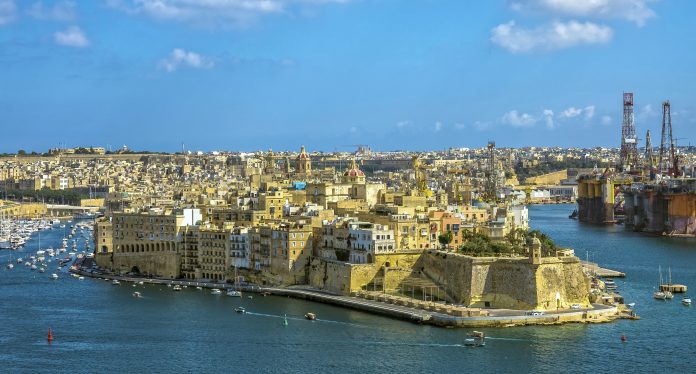Anna Lisa Boni, Secretary General, EUROCITIES provides an absorbing insight into how cities in Europe are proving to be the real climate champions
At a time when European leaders seem to be ignoring the urgency of our current climate challenge, cities are leading the way on efficient emissions reduction and building a greener, more sustainable and inclusive future for all. Two recent actions involving EUROCITIES member cities underscore this commitment.
At a signing ceremony in Genoa, 12 more big European cities committed to achieving at least 40% carbon emissions reduction by 2030. In doing so, the cities upgraded their commitment under the Covenant of Mayor’s initiative, which today gathers more than 8,800 local and regional authorities across 57 countries.
More recently, mayors and leaders of 210 cities across Europe, representing 62 million citizens sent a joint letter to European and national leaders urging them to step up the European Union’s climate commitments, to show global leadership and drive ambition to make rapid progress in the implementation of the Paris Agreement.
Local climate action plans
As local administrations, we want to contribute to a strong European Union (EU) that lives up to its Paris Agreement commitments. Achieving the goal of keeping down global temperatures needs action at the local level – where the vast majority of climate legislation must be implemented. By stepping up to these commitments and developing local climate action plans, many cities are showing a higher level of ambition than their national and EU level counterparts. There are many ways we can do this.
Urban transport accounts for roughly 40% of all CO2 emissions from road use and passenger cars make up by far the most amount of traffic on our roads. This has obvious effects on people’s physical, social and mental wellbeing through noise, accidents, pollution, as well as lack of space and exercise.
One of the ways cities can live up to their green ambitions is by developing sustainable transport measures and contributing to EU research and policy recommendations through our involvement in different EU and city-led projects. Cities face the double challenge of improving mobility while making urban transport more sustainable. A sustainable urban mobility plan can stimulate behavioural shifts away from the use of private cars; although it must consider the needs and input of local people, businesses and other stakeholders.
Another way cities can contribute is to act as matchmaker. City administrations work directly with citizens, businesses and civil society to implement actions, such as decarbonising heating and cooling, retrofitting buildings and increasing active mobility plans and low carbon transport.
Public procurement contracts can help influence the local value chain, while cities can also team up to jointly purchase new technologies, such as e-vehicles, thus, bringing down costs and speeding up the green transition.
Technology can help us live more resource efficient lives and cities provide the right scale to test out new solutions. ‘Smart lampposts’ can be fitted with sensors to monitor air quality, or excess heat from server systems can be used for district heating.
Such solutions and ideas can be shared through city networks like EUROCITIES. These ideas are then adopted or adapted by other cities, strengthening innovation and capacity building in our cities.
Climate neutral by 2050
The recent revelations of the International Panel on Climate Change, to the effect that global warming is even more serious than was previously understood, have helped foster a global citizens movement for change. Meanwhile, the 28 draft national energy and climate plans submitted by member states, reportedly fail to set out a clear path towards carbon neutrality by 2050.
Given local level commitment, it’s time for European and national leaders to start taking mayors more seriously as equal partners in designing national climate action plans, as well as during international negotiations. Such climate talks could take inspiration from the partnership approach of the Urban Agenda for the EU, which brings together representatives from cities, national governments and the European Commission to discuss urban matters. The partnerships focus on issues like the energy transition, climate adaptation, circular economy, urban mobility and innovative procurement, so the ground is already set for further development and the exploration of new collaborations in multilevel governance to tackle climate challenges.
As the closest level of government to citizens, city administrations are showing we know best how to deliver what people want. European leaders and other levels of government can learn a lot from this can-do approach of cities. It is said that true leaders emerge during times of crisis. Well, this is a crisis and cities are proving they are the true climate champions.
EUROCITIES is the political platform for major European cities. We network the local governments of over 140 of Europe’s largest cities and more than 40 partner cities that between them govern some 130 million citizens across 39 countries. www.eurocities.eu
Anna Lisa Boni
Secretary General
EUROCITIES
Tel: +32 2 552 0888
info@eurocities.eu
www.eurocities.eu
www.twitter.com/eurocitiestweet











